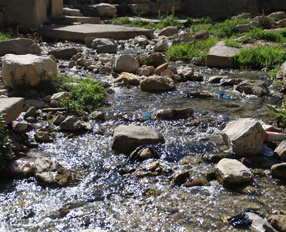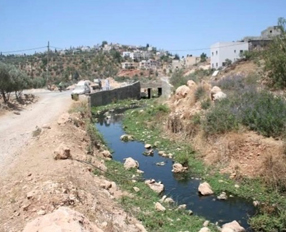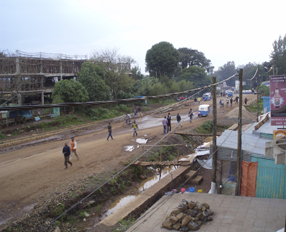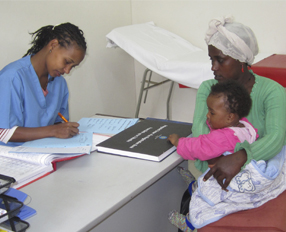During the month of March, three cooperation projects for the development of FPSC have improving agrarian development and management of water resources in Palestine, and maternal and child health in Ethiopia been implemented, which focus on.

The first is in the Gaza Strip, a highly vulnerable and heavily damaged area due to the different military offensives.
In this area where there is a strong limitation on imports, exports and, therefore, on free trade, the rehabilitation of land for agricultural use and its irrigation and greenhouse systems is essential to ensure access to the right to food the population.
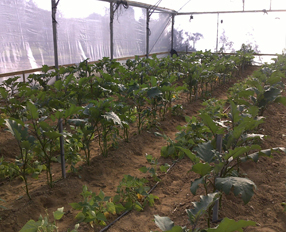
Therefore, thanks to the help of the Generalitat Valenciana, and in consortium with the Union of the Agricultural Work Comitee (UAWC), it will be promote inclusive and sustainable agricultural initiatives that reduce the vulnerability of rural families and improve their quality of life.
Another major problem in Palestine is water, which is very scarce in the country due to lack of rainfall and its limited access for the population. In Salfit, the increasing number of Israeli settlements in their vicinity and the priority that the company responsible for the distribution of water gives them, cause that the citizens of the municipality be relegated to second place. Numerous restrictions on drilling and buying water to other regions further aggravate this problem.
In this context, and also with the UAWC, the FPSC has initiated a project that has the subsidy of the City of Madrid for the rehabilitation of three springs and the flow of Al Matwi under an environmentally sustainable approach. In addition, it will focus on the training of women farmers in agricultural techniques, and also for them and for the technicians of the municipality, in good practices and water management, which will contribute to the increase of agricultural production. In the same way, sensitization campaigns will be carried out in the local community, for a greater social awareness.
Finally, in Ethiopia, the FPSC has initiated a project focused on maternal and child health. The capital of the country, Addis Ababa, has a high population index due to migration because the industrial establishments and the high birth rate. The majority are women of low economic resources, with low educational level and in search of employment. All this hinders the planning and delivery of health care services and have repercussions in a high infant and neonatal mortality rate.
Through the FPSC project, funded by the Majadahonda City Council, we want to respond to this problem, paying attention to the immunization record of children, prevention programs for transmission of AIDS from mothers to children, training in maternal and child health care, as well as delivery care. The actions will be developed at San Gabriel Health Center, a non-profit institution that provides affordable, comprehensive and quality services to the population of the area.





